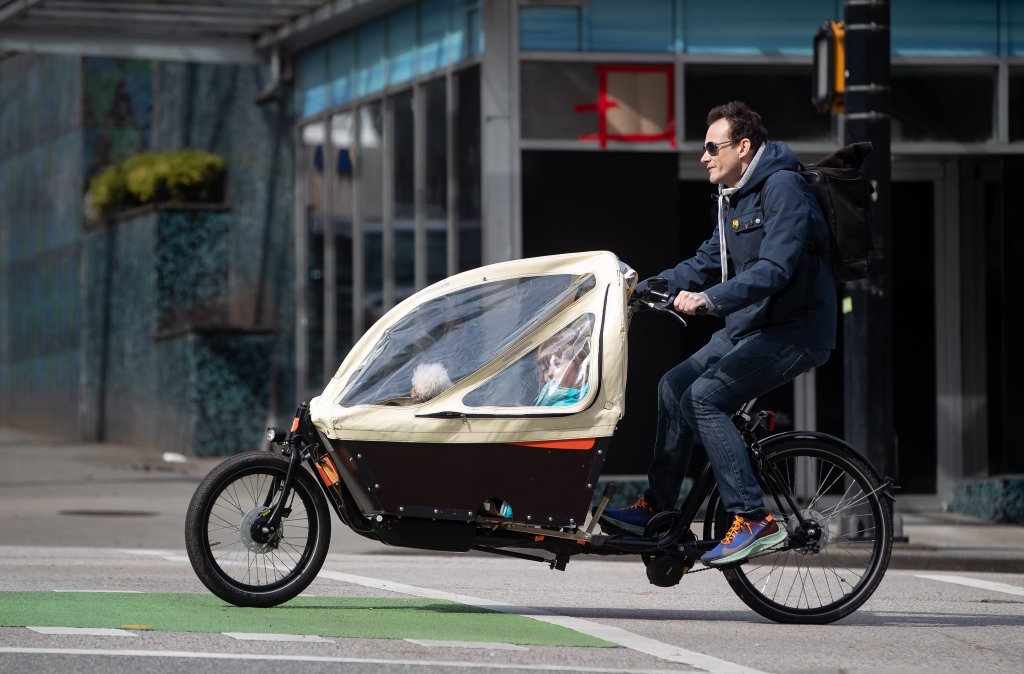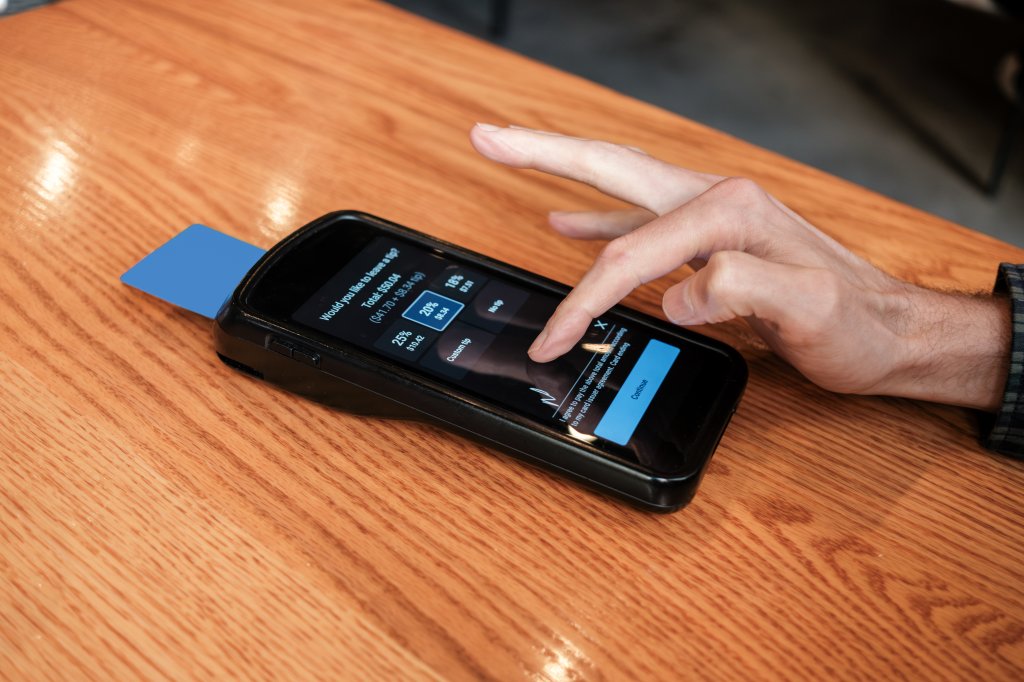
EVS COULD GET MORE EXPENSIVE IN CANADA. ARE E-BIKES THE RIGHT FIT FOR YOU?
As the federal government consults with stakeholders on whether to impose greater tariffs on electric vehicles from China, some experts are warning that it might lead to EV prices rising.
With surveys suggesting Canadians are already feeling the strain from vehicle ownership costs like payments, gas and insurance, many may be looking for an alternative. For some, that could look like downsizing to a smaller vehicle or even an electric-assisted bicycle.
"You might be looking at almost a six-figure price tag to get into a full-size pickup truck," said Erik Johnson, senior economist at BMO Capital Markets. "And when you add really high financing costs relative to what we're used to seeing over the last decade or so, that's making it really hard for the average household to kind of go out and buy that product.”
E-bike sales have skyrocketed south of the border over recent years.
According to data from the U.S. Department of Energy, e-bike sales in the United States jumped from 287,000 in 2019 to 1.1 million in 2022.
And the auto industry in general, not just EVs, is going through a tough time. A recent Léger survey commissioned by Toyota Canada said a majority of Canadians were pushing off major purchases. The second biggest category of purchases (21 per cent) that Canadians were delaying or cancelling was buying a personal vehicle.
According to the survey, 59 per cent of Canadians believe it is less financially achievable to own a vehicle today compared with their parents' generation. It said 66 per cent of respondents said they were changing their approach to buying a car, including going for a used car instead of a new one.
For some consumers, though, the answer may lie beyond the car.
According to one estimate, the average cost of owning a car in Canada — including gas, maintenance, insurance, parking and interest — comes to around $1,077 a month. It could well be higher in some of Canada’s more expensive cities.
For many Canadians, that’s simply not a cost they feel is worth bearing these days, as the cost of living remains a significant challenge across the country.
Winnipeg-based bike advocate Patty Wiens said she sold her car when she saw the benefits of an electric bike.
“I was spending about $10,000 a year on car payments, insurance and gas. And that's not even counting the parking downtown. So if you count that, you could buy an e-bike every year and throw it in the trash and you'd still be about $5,000 ahead,” she said.
Lanrick Bennett Jr., the urbanist in residence at the University of Toronto’s School of Cities, said people should consider how they move through the city and what their mobility needs are. Car ownership, he says, may not be a one-size-fits-all solution for everyone.
“What's your Point A to Point B? If it's within, say, a 10 to 15, or even a 20-kilometre commute, doing that by bike, especially e-bike, can give you a better ability of getting around and can match, or do better than, being in a car,” he said.
He said an e-bike might also make sense for suburban residents living far away from their place of work. Not only is it easier to cover longer distances with an electric assist bike, but combining it with public transportation can also really help, he said.
More on Canada
- Prices are starting to fall at car dealerships. Is it time to buy?
- Canada’s longest river seeing historically low levels
- Federal board finds longshore foremen union bargaining in bad faith
Bennett says in Canada, particularly in Toronto, much of the rise in e-bikes has been among gig workers, especially those delivering food.
Doug Clark, president of Bike Calgary, said while riding a regular human-powered bike might seem daunting to anyone who’s not quite at that level of fitness, e-bikes can be a “great leveller.”
“The e-bike just makes it more normal for a much wider range of people. Quite often, you find a lot more elderly people riding e-bikes that normally wouldn't be out on a bike,” he said.
Wiens rides her e-bike year-round, even in the frostiest of Winnipeg winters.
“The e-bike allows you to ride in inclement weather, like, you know, -20,” she said, “People who don't think that they can ride their regular bikes in winter, they might want to try an e-bike. The motor really does make a difference.”
And while Winnipeg may have relatively flat terrain, Toronto does not. Bennett said while he likes to peddle his e-bike like a regular bike, he often switches the electric assist on when he goes north of St. Clair Avenue, where the incline feels a lot steeper.
“E-bikes really do kind of just level that (terrain) out,” he said.
Dutch bicycle manufacturer Urban Arrow advertises its cargo bikes as having 300 litres of cargo space, “offering more than enough room for 2 or even 3 kids without losing precious space for your luggage."
Bennett said it has helped him forge a stronger relationship with his children.
“My 16-year-old doesn't think it's cool, riding on the back of my cargo bike, but my 13-year-old will have it no other way. When I'm dropping him off to soccer, he's on the back and he's just like, 'Dad, this is the greatest thing on earth.'"
2024-07-05T18:23:24Z dg43tfdfdgfd











